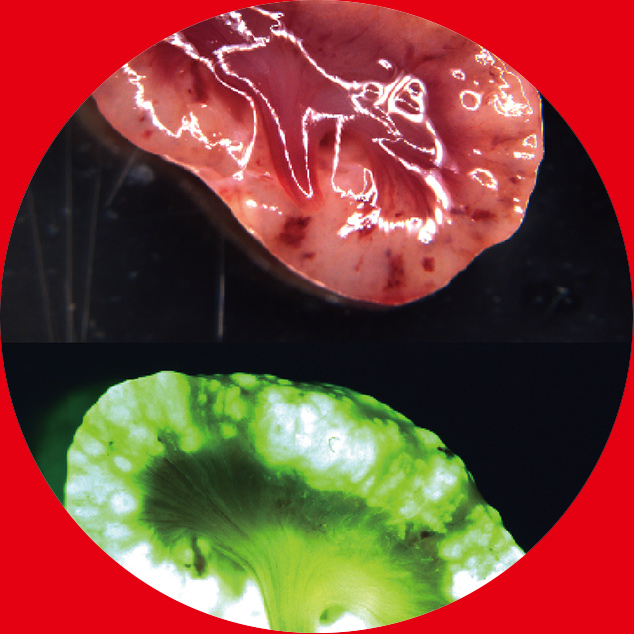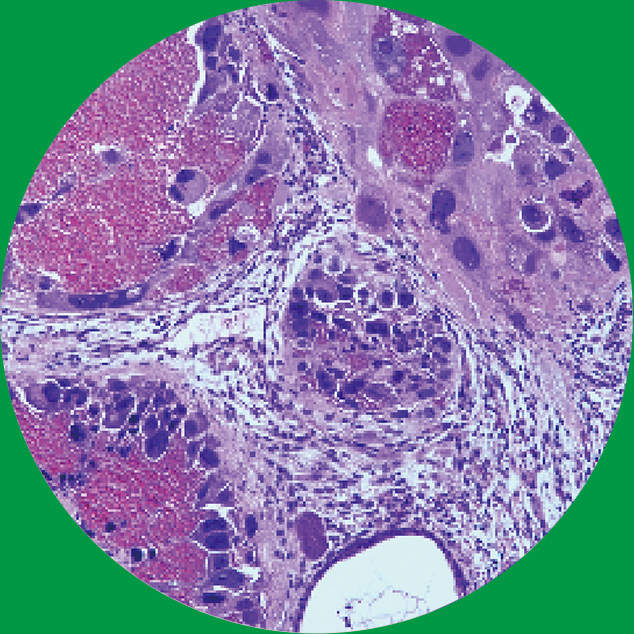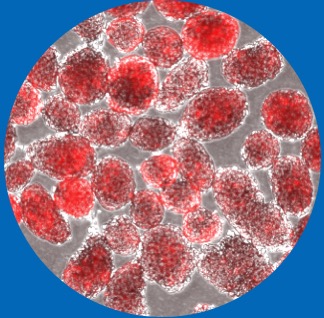In vivo reprogramming for biomedical research
Epigenetic regulation plays a critical role in cell fate specification during normal development and stable maintenance of somatic cell fate. Impairment in epigenetic regulation is often associated with various diseases such as cancer. Recent studies also imply that altered epigenetic regulation is involved in cells of aged organisms. Together, the maintenance of proper epigenetic regulation is crucial for the healthy life of organisms.
The development of reprogramming technologies, as represented by iPS cell technology, has enabled to control of somatic cell fate. The reprogramming process involves dynamic changes in epigenetic modifications. Taking advantage of reprogramming technology, we have devised reprogrammable mouse models in which epigenetic regulation and eventually cell fate can be altered in vivo. By inducing perturbation of epigenetic regulation as well as a cellular identity at the organismal level, we aim to elucidate the impact of epigenetic regulation in pathogenesis and aging. Finally, we aim to develop a means for disease treatment, tissue regeneration, and rejuvenation through epigenetic regulation with reprogramming technologies.
Our effort should promote interdisciplinary research that connects a wide range of research fields, which eventually contributes to the development of novel strategies to control the detrimental effects of diseases and aging in humans.
-
2022-04-26Publication section was updated.
-
2022-04-01Member section was updated.
-
2022-02-11Publication section was updated.






















